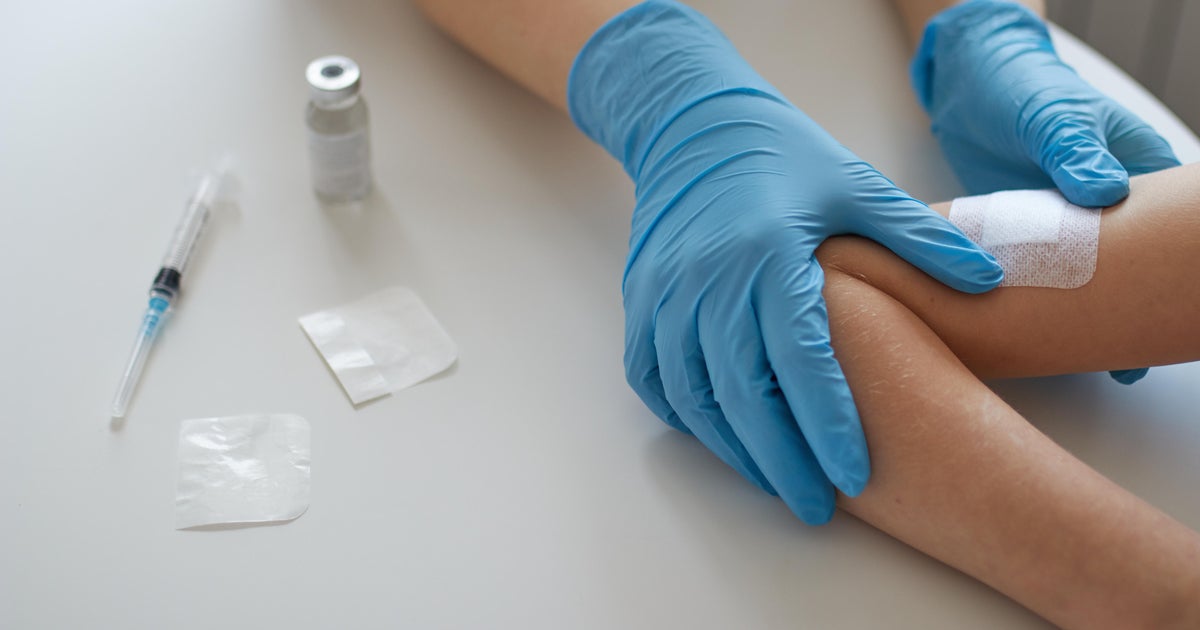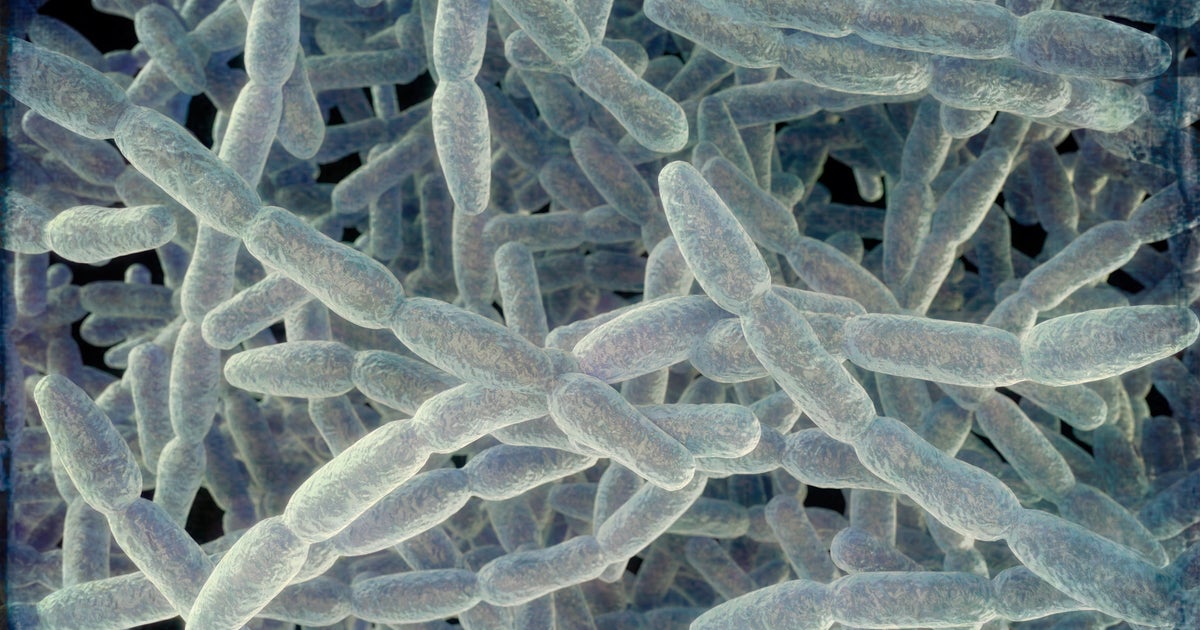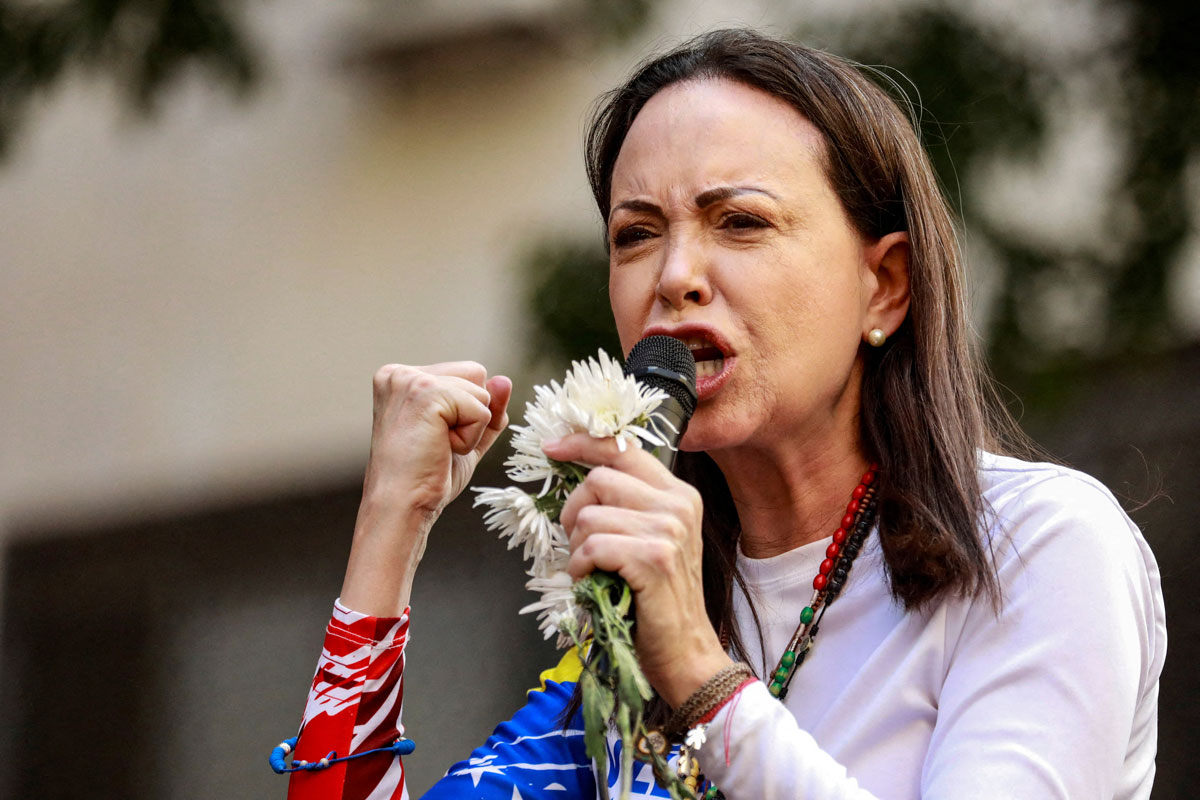CDC warns antibody testing still too inaccurate to use for coronavirus-related policy decisions
New guidance from the Centers for Disease Control and Prevention warns that coronavirus antibody test results may still be too inaccurate to be reliably used to determine coronavirus-related policy. In addition, not enough is known about what exactly the presence of antibodies indicates in terms of future immunity, the CDC said on its website.
These tests, also known as serologic tests, are meant to detect antibodies people develop after becoming infected with the coronavirus. Widespread, accurate testing could be vital in determining how rampant the spread of COVID-19 is and the true death rate of the disease.
But the CDC says the tests are currently not accurate enough to be be factored into decision-making about about allowing large groups to gather, namely in schools, dormitories or correctional facilities.
"Serologic test results should not be used to make decisions about returning persons to the workplace," the CDC added on its site.
More than 100,000 people in the U.S. have died from coronavirus, and the number of those infected has surpassed 1.6 million.
According to the CDC, it takes between one and three weeks after someone develops coronavirus symptoms for antibodies to become detectable. When the antibodies are detectable, the CDC said the likelihood of being infectious are "greatly decreased," and that there is "some degree of immunity."
But research on COVID-19 and the antibodies produced in response to infection is still ongoing, which is why the CDC says people who test positive for antibodies should not assume they're immune from getting the coronavirus going forward.
The CDC also explained why testing may not give accurate results for many individuals.
"For example, in a population where the prevalence is 5%, a test with 90% sensitivity and 95% specificity will yield a positive predictive value of 49%," the CDC said on its website. "In other words, less than half of those testing positive will truly have antibodies. Alternatively, the same test in a population with an antibody prevalence exceeding 52% will yield a positive predictive greater than 95%, meaning that less than one in 20 people testing positive will have a false positive test result."
Even before the CDC's latest guidance, the accuracy of COVID-19 antibody tests has come under heavy scrutiny.
In addition to many people reporting inaccurate results, many of the hundreds of antibody tests on the market have advertised claims "that make no sense," according to CBS News medical contributor Dr. David Agus.
Agus previously told CBS News that even the information more accurate antibody tests provide can be misleading.
"So the tests that we have now on the market ... Don't tell you individually whether you have the neutralizing antibodies, whether you have the antibodies that can prevent you from getting an infection again," he said.
For now, the CDC has recommended that doctors and officials promote and use tests that have high specificity rates, meaning they correctly identify people who do not have traces of COVID-19. The tests are also recommended for people who show delayed symptoms of coronavirus.
According to the CDC, everyone should continue to practice preventative measures — including social distancing, proper hygiene and wearing personal protective equipment — regardless of whether they have tested positive for antibodies or have had the coronavirus.





